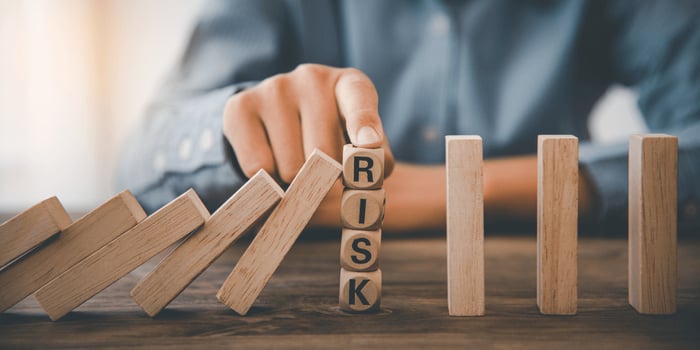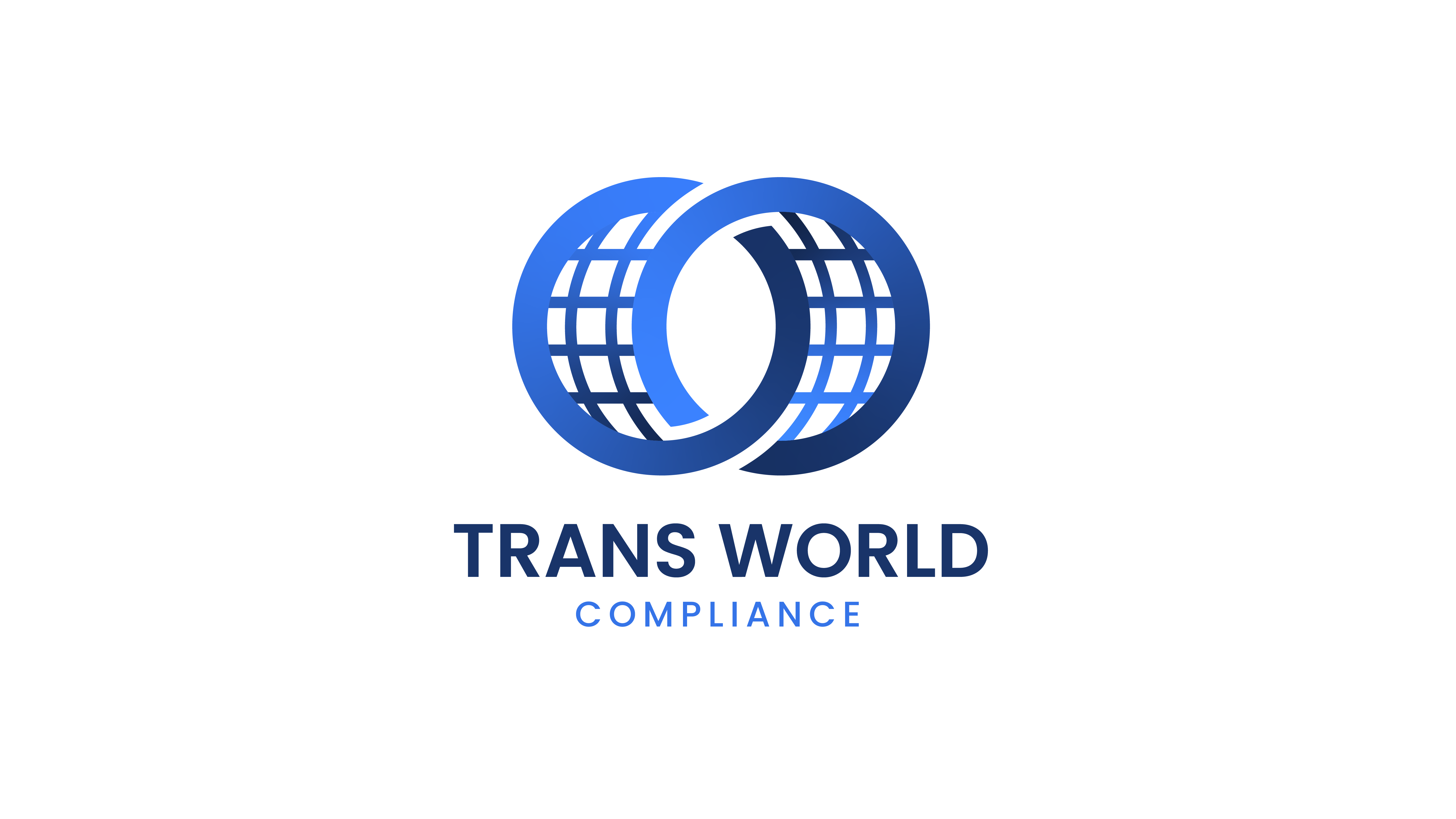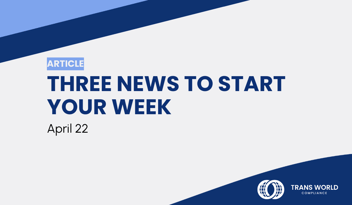Three news to start your week: February 12
Sports gambling is a growing money laundering risk
(The Wall Street Journal)
The US Treasury Department warned that there is a growing risk of money laundering associated with online sports gambling ahead of the Super Bowl due to the sports betting industry's rapid growth and the absence of consistent regulations.
An estimated 67.8 million Americans were anticipated to wager on Sunday's Super Bowl, up 35% from the previous year, per survey results released by the American Gaming Association trade association. Of those bettors, the AGA predicts that 28.7 million will use an authorized US website to place their bets.
Following the 2018 US Supreme Court decision to overturn a federal law prohibiting sports betting in most states, Americans have become heavy gamblers. As of 2023, the Treasury reported that American citizens had wagered over $220 billion on legal sports wagers.

Former Pemex executive says he took bribes from Vitol trader
(Bloomberg)
In testimony, Carlos Espinosa, a former Pemex executive, stated that he took $300,000 from Vitol Group in return for assisting the trading house in securing an agreement with the state-owned oil company in Mexico.
The testimony is the most recent development in the trial of former Vitol trader Javier Aguilar. Espinosa and a colleague accepted bribes from Aguilar that they called "dulces por la fiesta," or candies for the celebration.
Prosecutors claim that in addition to the bribes made to Ecuadorian government officials, Aguilar also bribed Mexican officials to secure business for Vitol, the biggest independent oil trader in the world.

US banking profits plunged 45% in final months of 2023
(Financial Times)
In the last quarter of 2023, profits in the US banking industry fell by nearly 45% yearly despite easing consumer pressure and growing optimism that the US economy would escape a short-term recession.
According to BankRegData, the decline in quarterly profits to $38 billion was the most significant year-over-year decline since the second quarter of 2020.
One-time charges related to the regional banking crisis of last year pulled down profits. The biggest banks in the nation spent $16 billion to pay for the "special assessment" imposed by the government. This restored the deposit insurance fund, which the bankruptcies of First Republic, Silicon Valley Bank, and Signature had severely depleted.
The data also indicates that a $4 billion loss on banks' securities portfolios, a $5 billion increase in provisions for bad loans, and higher costs as lenders reorganized and reduced staff also negatively impacted quarterly earnings.





